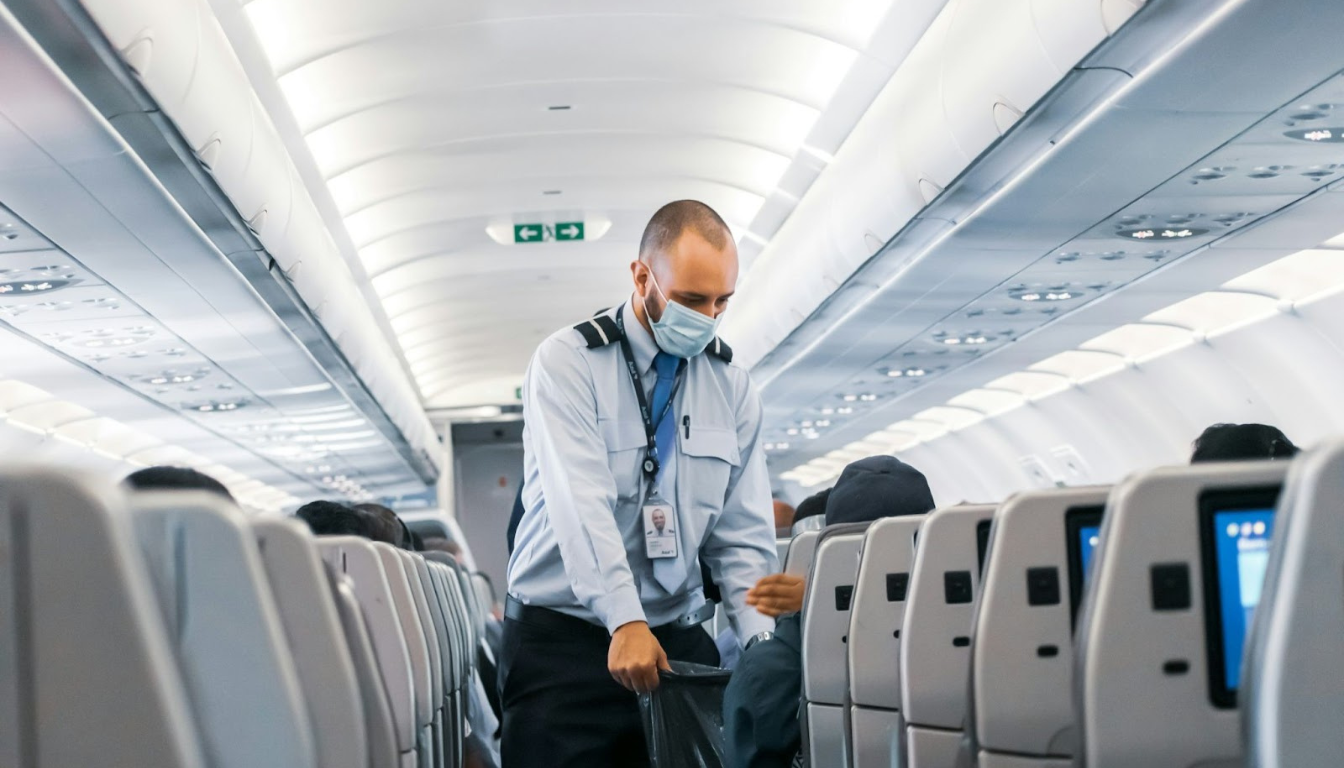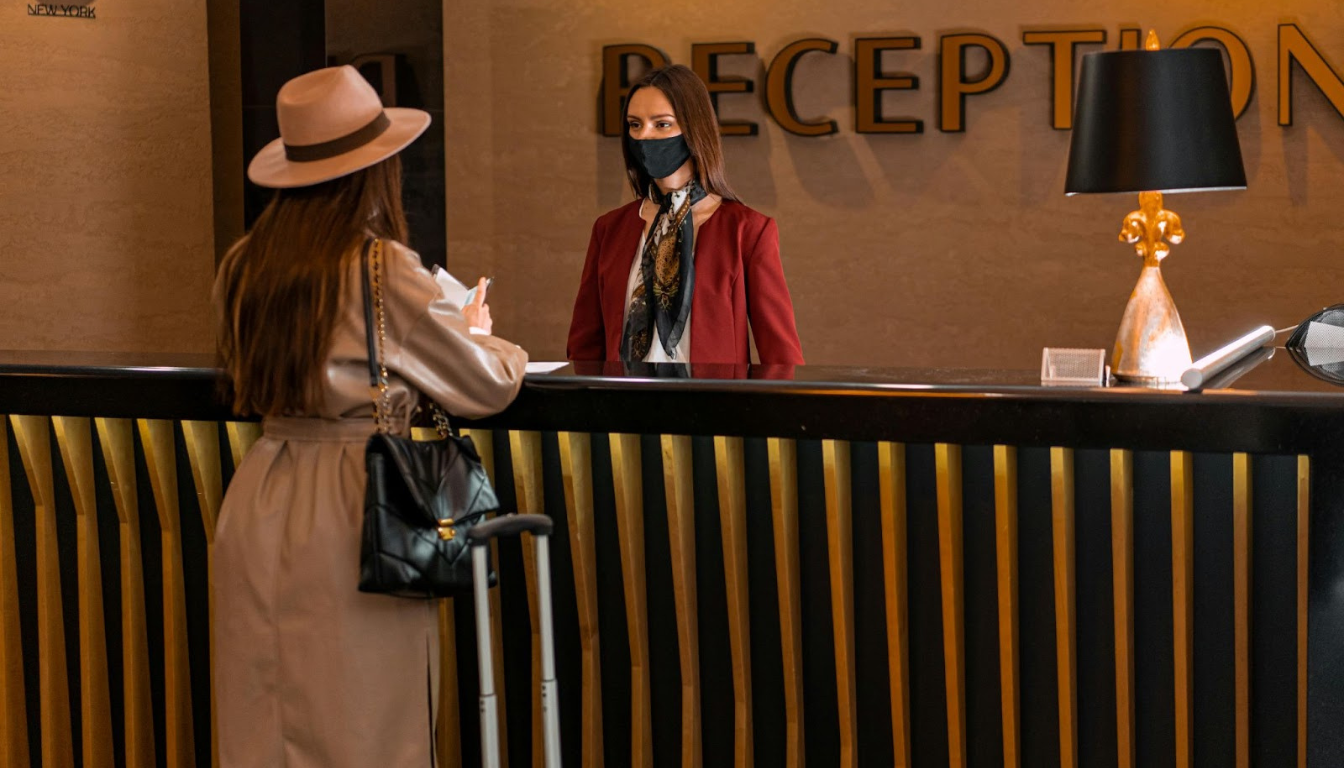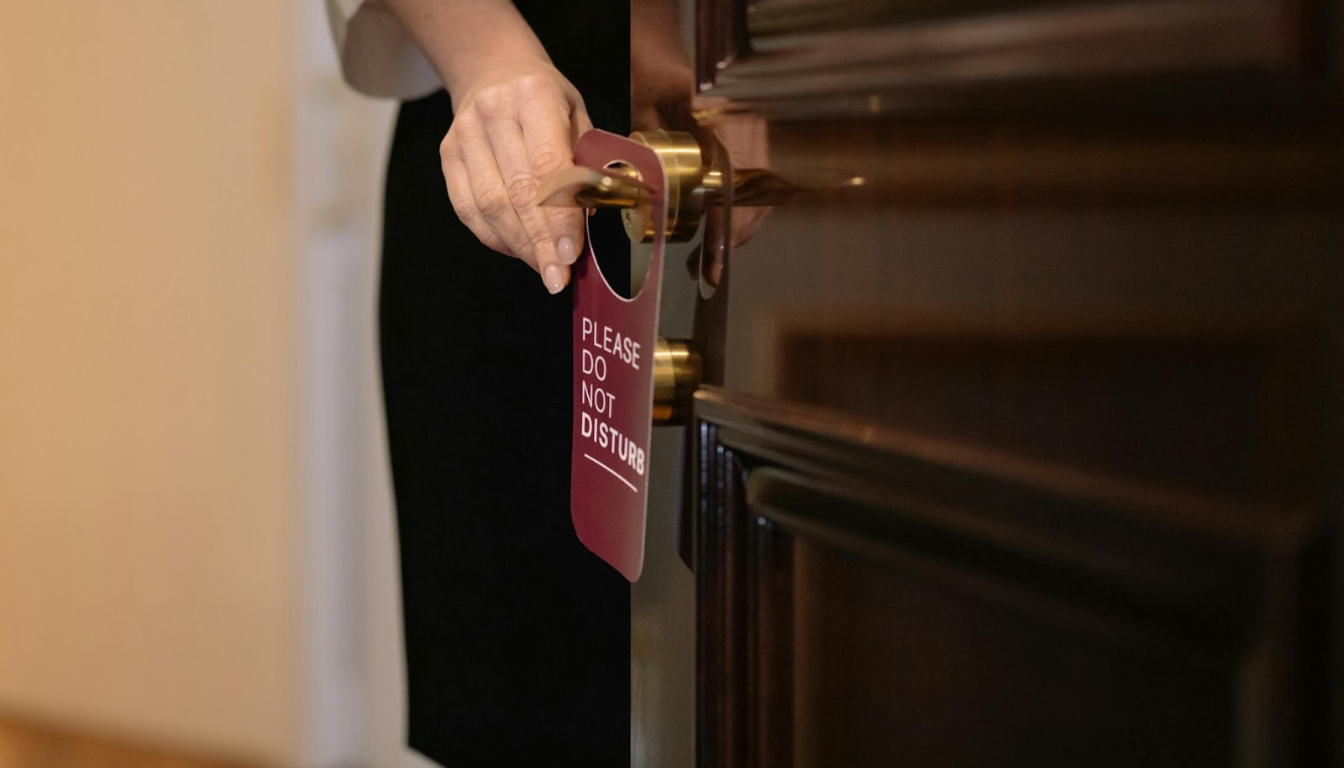Top Corporate Travel Safety Tips for 2025

Ensuring the safety of employees during corporate travel is crucial for both their well-being and the company’s success. This article will guide you through top tips and strategies for corporate travel safety, helping you protect your workforce and achieve business goals securely.
Key Takeaways
- Corporate retreat travel safety is vital for employee well-being, morale, and organizational trust; a solid safety plan can significantly affect business outcomes.
- Employers have a legal and ethical duty of care to protect employees during business travel, necessitating regular risk assessments and preparation for potential hazards.
- Creating a culture of safety through comprehensive preparation and continuous improvement of travel safety policies enhances overall employee satisfaction and productivity during business trips.
The Importance of Corporate Travel Safety

Corporate retreat travel is essential to fostering organizational growth, strengthening internal collaboration, and cultivating a unified company culture in ways that virtual interactions simply can’t replicate. However, the health and safety of employees during these trips can’t be overlooked. Prioritizing business travel safety is not just about compliance; it’s about employee satisfaction and retention. When employees know their well-being is a priority, they’re more likely to feel valued and motivated.
A detailed corporate travel security plan is necessary given the variety of risks faced by business travelers. From natural disasters to personal security threats, the spectrum of potential dangers is broad. While most business trips end without incident, the few that don’t can have significant repercussions on employee morale and job satisfaction. Poorly planned or unsafe trips can leave unhappy employees feeling undervalued, leading to decreased morale and even higher turnover, resulting in wasted business trips. Business travel security is essential to mitigate these security concerns.
Organizations strengthen teams, enhance leadership alignment, and drive long-term growth through well-executed corporate retreat travel. Establishing a comprehensive retreat travel safety policy ensures that employees return safely, reinforcing trust and continuity across the company. After all, a safe retreat is a successful retreat.
Understanding Your Company's Duty of Care
Employers have both a legal and ethical duty to ensure the safety and well-being of their employees while they are traveling for business. This duty of care is not just a box to be ticked but a fundamental responsibility that can significantly impact employee trust and organizational culture. Companies are legally required to protect employees from foreseeable risks, whether they stem from health threats, security risks, or natural disasters.
Implementing a duty of care policy involves more than just having travel insurance; it requires a commitment to continuous risk assessment and proactive safety measures. Effective travel risk assessments should include evaluating both expected and unexpected risks that employees may encounter, from foodborne illnesses to natural disasters.
Taking these steps helps companies comply with legal obligations while fostering a sense of security and trust among employees.
Creating a Comprehensive Travel Risk Assessment

Risk assessments are a cornerstone of business travel safety, helping to identify potential hazards and mitigate risks before they affect travelers. Analyzing potential travel risks allows companies to determine preventive measures or avoid high-risk plans altogether. This proactive approach is crucial for international travel, where the unpredictability of political climates, health threats, and natural disasters can pose significant challenges.
Creating a comprehensive travel risk assessment involves:
- Integrating various planning tools
- Engaging key stakeholders in safety planning
- Continuous monitoring of travel data to identify patterns that can improve safety measures.
The following subsections will delve into specific areas of concern: political instability, health threats, and natural disasters.
Political Instability
Understanding the political climate of travel and corporate retreat destinations is crucial for mitigating risks related to civil disturbances or government instability. Assessing political risks involves evaluating factors such as:
- The history of civil unrest
- Government stability
- Socio-economic conditions
Travel managers need to continuously monitor global events and geopolitical developments that may affect the safety of business travelers and retreat attendees.
Preparation for potential emergencies includes having a crisis management plan in place to respond quickly to unfolding situations. This ensures that employees are not left stranded during a crisis and can safely navigate through political unrest or other emergencies.
Health Threats
Health threats can range from foodborne illnesses to chronic medical conditions that can be exacerbated by travel and lead to health concerns related to food and water safety, as well as health-related considerations. Travelers and work retreat attendees should predict health issues by:
- Locating nearby medical clinics or hospitals before their trips.
- Having an allergy list prepared.
- Bringing enough prescription drugs and extra medication in case of travel delays.
Knowing the protocols for seeking and paying for medical support treatments abroad is crucial. This knowledge ensures that employees can access necessary medical care without undue stress or financial burden, thereby maintaining their health and productivity during business trips.
Natural Disasters
Natural disasters are unpredictable and can significantly impact travel safety and water safety. Corporate retreat attendees should stay informed about local weather events that could affect their safety. This includes monitoring weather alerts and having a plan in place for adverse weather conditions.
Researching the destination, including the safety of the hotel neighborhood and transportation routes, is also crucial. This preparation helps ensure that travelers can navigate safely even in the event of a natural disaster, reducing the risk of being caught in a dangerous situation.
Preparing Employees for Safe Business Trips

Preparing employees for safe business trips involves more than just booking flights and accommodations. Employers should ensure that business travelers are prepared for any emergency they might encounter while traveling. Implementing an all-hazards approach to prepare employees for various emergencies during business trips is essential.
This preparation includes:
- Developing a safety plan
- Ensuring someone responsible knows their whereabouts and travel plans
- Understanding the coverage provided by travel insurance, including medical emergencies and trip interruptions
The following subsections will explore pre-travel training, emergency contact information, and cultural awareness during corporate retreats in more detail.
Pre-Travel Training
Pre-travel training is essential for equipping employees with the knowledge and skills they need to stay safe during business trips. Employee training should focus on recognizing common threats and appropriate responses when traveling. Regular training sessions should focus on both physical and digital safety to prepare employees effectively.
Carrying a first aid kit and necessary medications is crucial for addressing health issues during staff retreats. Travelers also need to stay informed about natural disaster risks in their travel area, including weather warnings and emergency response protocols.
Emergency Contact Information
Having access to emergency contact information is crucial for traveler safety. Employees should have a list of emergency contacts, including local authorities, the nearest embassy, and personal contacts. This list should be shared with family or office staff to ensure they can be reached in case of an emergency.
Cultural Awareness
Cultural awareness is critical for international travel. Employees should learn about the culture and local customs of their destination to reduce culture shock and avoid potential social friction during their travels.
Understanding local culture business etiquette is crucial for maintaining professional relationships and avoiding misunderstandings with local partners. Travelers and retreat attendees should familiarize themselves with local health care systems and emergency medical procedures relevant to their destination.
Ensuring Hotel and Accommodation Security

Ensuring hotel security and accommodation security is a vital aspect of business travel safety and security. Conducting a hotel safety check of the hotel room upon arrival, including verifying smoke detectors, is important for personal safety. Before booking a hotel, corporate retreat planners should investigate the surrounding area for safety, including the proximity to emergency services, local crime rates, relevant security measures, and the hotel staff.
Choosing hotel rooms away from elevators and on higher floors can enhance safety by reducing foot traffic and exposure, which can make all the difference. Here are a few tips: parking vehicles in well-lit areas, preferably within sight of the hotel room, reduces the risk of theft.
In-room safes for valuables provide just a secure place for additional security during stays.
Managing Transportation Risks
Managing local transportation risks is essential for business travelers. Using only licensed ground transportation services ensures safety during travel safely. Awareness of transportation scams and using reputable services are crucial for traveler safety.
Employees should avoid leaving valuables in car rental vehicles to prevent theft. Keeping devices and personal belongings within sight can prevent loss or theft, ensuring a smoother and safer retreat travel experience.
Utilizing Technology for Traveler Safety
Technology plays a significant role in enhancing corporate retreat safety. Advanced threat intelligence platforms provide real-time updates on safety risks from numerous global sources. Monitoring real-time threat alerts can provide timely information about potential safety concerns while traveling.
A secure VPN for internet connections helps protect against cyber threats while traveling. GPS technology enhances the accuracy of location tracking for employees during business trips, allowing companies to maintain communication and provide assistance as needed.
Special Considerations for Female Travelers
Female travelers face unique safety concerns during business trips. Approximately 83% of female business travelers express safety concerns during their trips. Understanding local customs and dress codes is crucial for female travelers, as different countries have varying expectations for women’s attire.
Women traveling alone should research the safety of public transportation options, as informal transport can pose risks. Monitoring drinks closely is important to prevent drug-assisted sexual assault, which can happen without a victim’s awareness. Prioritizing female traveler safety is essential in these situations.
Handling Emergencies Abroad

Handling emergencies abroad requires thorough preparation and contingency planning. Companies should have contingency plans ready for emergencies that may arise during business travel. Organizations are advised to have contingency plans in place for medical emergencies that may arise during their trips, especially in case of an emergency abroad.
Familiarizing with local emergency services and procedures relevant to their destination is crucial. Mass notification systems allow employers to alert employees about real-time threats or emergencies.
Building a Culture of Safety
Building a culture of safety in corporate travel promotes employee safety, encourages safer choices, and fosters trust in management decisions. Enhancing corporate travel safety can lead to improved employee morale and job satisfaction.
Engaging employees in safety policy development enhances adherence and creates practical guidelines. Regular updates to safety plans are essential to address changing risks at corporate retreat venues.
Example Corporate Travel Safety Checklist
Creating a travel safety checklist is essential for employees to manage risks and maintain safety during business trips. Taking a proactive approach to risk mitigation is crucial for maintaining safety while traveling for corporate retreats.
Corporate travel safety policies should consider essential checklist items that vary by company and trip. Implementing a comprehensive travel safety checklist can greatly enhance employee safety and productivity during business trips. Additionally, incorporating corporate travel safety tips can further support these efforts.
Leveraging Offsite for Safe Corporate Retreats
Offsite venues prioritize health and safety by offering secure locations that facilitate corporate retreats. The focus on health protocols at offsite venues supports the overall well-being of employees during corporate events.
Many offsite venues are strategically located near medical facilities, enhancing emergency preparedness during retreats. Utilizing offsite locations can help businesses create a safe environment that fosters team cohesion and engagement.
Summary
Corporate travel safety is a critical component of employee well-being and overall trip success. This article explores key elements—from a company’s duty of care obligations to proactive risk preparation and the use of technology for real-time safety monitoring—offering a comprehensive approach to protecting employees throughout every stage of business travel during retreats.
As a final takeaway, prioritizing corporate travel safety does more than protect employees—it fosters confidence, boosts productivity, and reinforces a culture of care. Investing in comprehensive safety measures is ultimately an investment in your organization’s long-term success.
FAQs
- What is the importance of corporate travel safety?
Corporate travel safety is crucial for safeguarding employees' well-being during business trips, which in turn maintains productivity and morale while fulfilling legal and ethical responsibilities. Prioritizing safety ultimately reflects a company’s commitment to its workforce.
- What should be included in a company's duty of care policy?
A company's duty of care policy should clearly outline its commitment to employee safety, proactive safety measures, continuous risk assessments, and comprehensive travel insurance coverage. This ensures a safe and supportive work environment for all employees.
- How can companies prepare employees for safe business trips?
To ensure safe business trips, companies should provide pre-travel training, emergency contact information, and education on local culture and customs, along with necessary safety tools and knowledge for their employees. This proactive approach significantly enhances traveler safety and preparedness.
- What are some special considerations for female travelers?
For female travelers, it's crucial to understand local customs and dress codes, ensure their safety by researching public transportation, and maintain discretion about accommodation details. Additionally, closely monitoring drinks can help prevent potential assaults.
You may also like
Unique spaces for your next offsite
Find distinctive venues for your upcoming corporate retreat.
Stay Updated with Our Insights
Get exclusive content and valuable updates directly to you.







